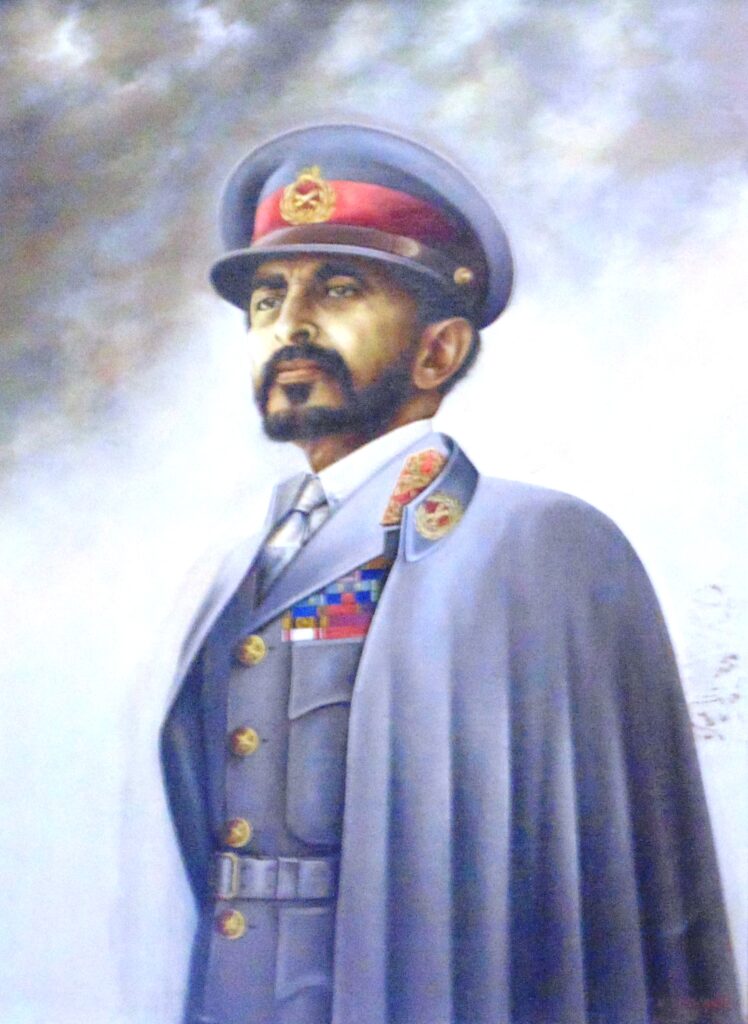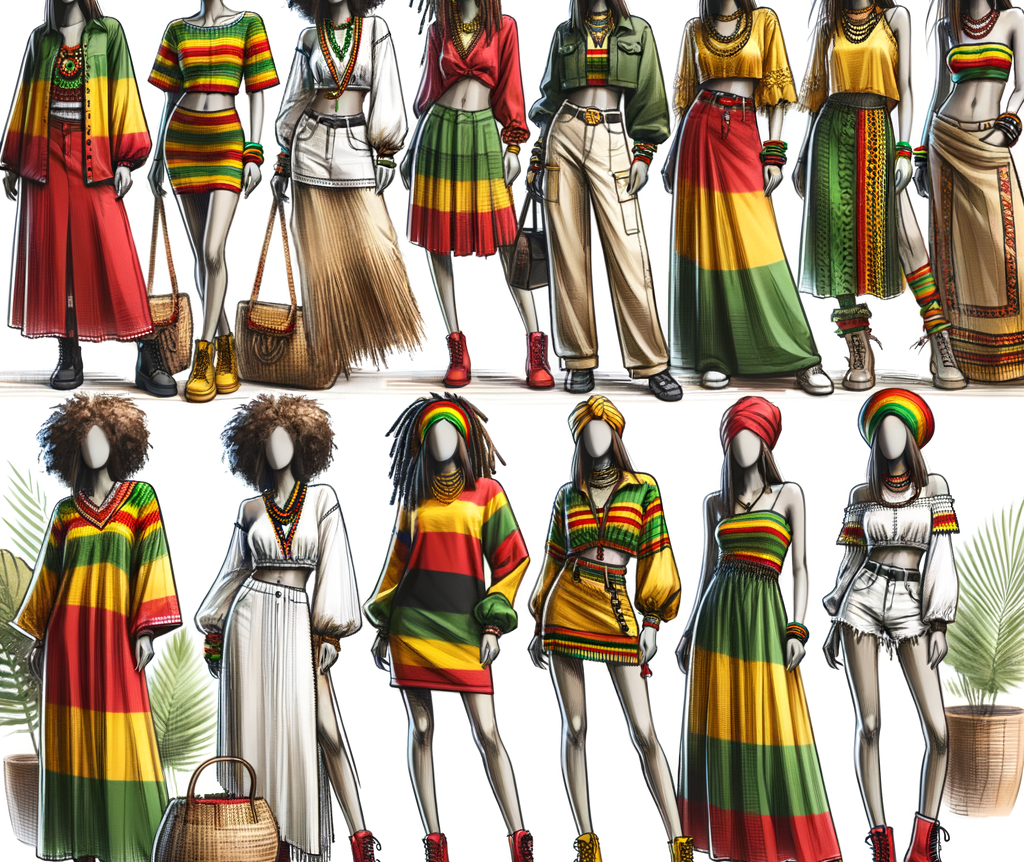Rastafarian clothing is not just a fashion statement; it’s a profound expression of spirituality, culture, and identity· Mixing spirituality and style within Rastafarian clothing involves honoring the roots of the movement while infusing personal flair and creativity· Here’s how you can authentically blend spirituality and style with Rastafarian clothing·
Understand the Roots of Rastafarianism
Before delving into the fashion aspect, it’s crucial to grasp the spiritual and cultural significance of Rastafarianism· Originating in Jamaica in the early 20th century, Rastafarianism is deeply rooted in African heritage, resistance to oppression, and a reverence for Haile Selassie I, the former Emperor of Ethiopia whom Rastafarians see as the incarnation of God·
Embrace Natural Fabrics and Earth Tones
Rastafarian clothing often prioritizes natural fabrics like cotton, hemp, and linen, reflecting a connection to the earth and sustainability· Earthy tones such as red, green, gold, and black are prevalent, symbolizing various aspects of Rastafarian ideology: red for the blood of martyrs, green for the lush vegetation of Ethiopia, gold for wealth, and black for the African heritage·

Incorporate Rastafarian Symbolism and Iconography
Infuse your wardrobe with Rastafarian symbolism and iconography to convey spiritual messages and cultural pride· This can include images of Haile Selassie I, the Lion of Judah, Ethiopian flags, and other symbols associated with Rastafarianism· Be mindful of the cultural significance behind these symbols and wear them respectfully·
Get Dreadlocks To Commit Yourself To Natural Living
Dreadlocks are not just a hairstyle for Rastafarians; they carry deep spiritual significance, symbolizing the mane of the Lion of Judah and a commitment to natural living· If you choose to wear dreadlocks, approach them with reverence and understand their cultural significance beyond mere fashion·
Adapt Traditional Rastafarian Garments with Modern Flair
While traditional Rastafarian garments like the “dashiki” and “kufi” hold cultural significance, don’t hesitate to adapt them with modern twists to suit your personal style· Experiment with different silhouettes, patterns, and accessories to create unique looks that blend tradition with contemporary fashion trends·
Support Ethical Brands
Support ethical and sustainable brands that align with Rastafarian values of social justice and environmental stewardship· Look for clothing companies that prioritize fair labor practices, use organic materials, and contribute to community development in Jamaica and other regions with Rastafarian communities·
Spread Awareness and Unity
Rastafarian clothing goes beyond mere fashion; it is a tool for spreading awareness and promoting unity· By wearing their distinctive clothing, Rastafarians spark conversations and educate others about their faith and culture· It serves as a visual reminder of the principles of Rastafarianism, such as love, peace, and equality, and encourages others to embrace these values as well· Rastafarian clothing acts as a unifying force, bringing together individuals from diverse backgrounds and fostering a sense of community and understanding·
Educate Yourself and Others about Rastafarianism
Lastly, deepen your understanding of Rastafarianism by educating yourself about its history, beliefs, and cultural practices· Share your knowledge respectfully with others who may be curious about Rastafarian culture, promoting awareness and appreciation for its rich heritage beyond surface-level fashion trends·
Conclusion
Mixing spirituality and style with Rastafarian clothing is a deeply personal and meaningful journey· By honoring the roots of Rastafarianism, embracing symbolism, and infusing modern flair, you can create fashion statements that reflect your spiritual beliefs, cultural identity, and commitment to social consciousness· Let your clothing be a testament to the beauty and richness of Rastafarian culture, inspiring others to delve deeper into its profound teachings·






Leave a comment
Your email address will not be published. Required fields are marked *